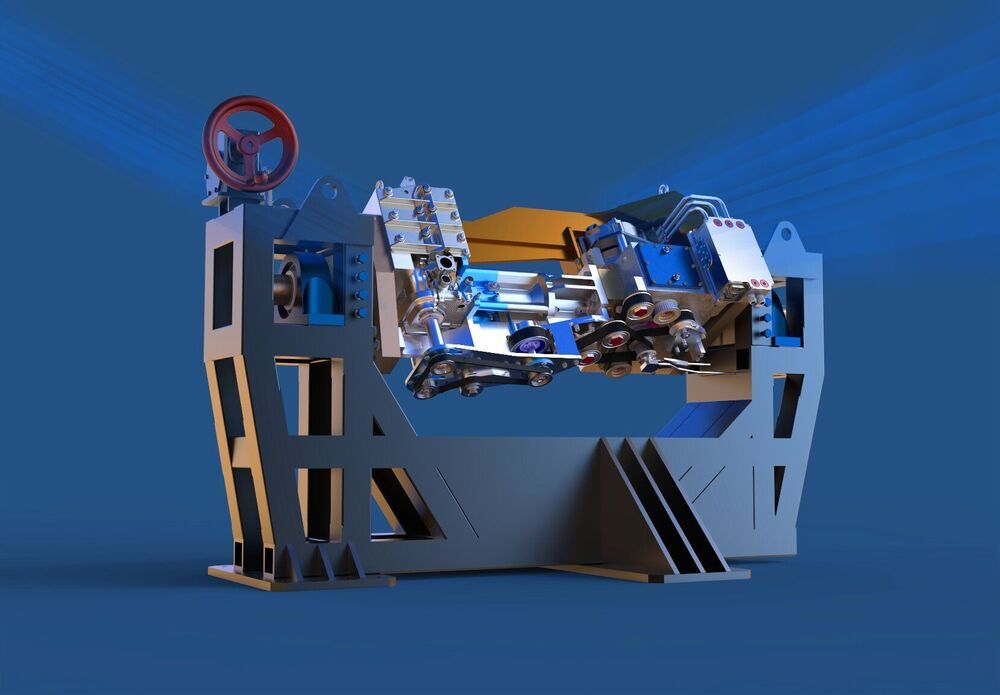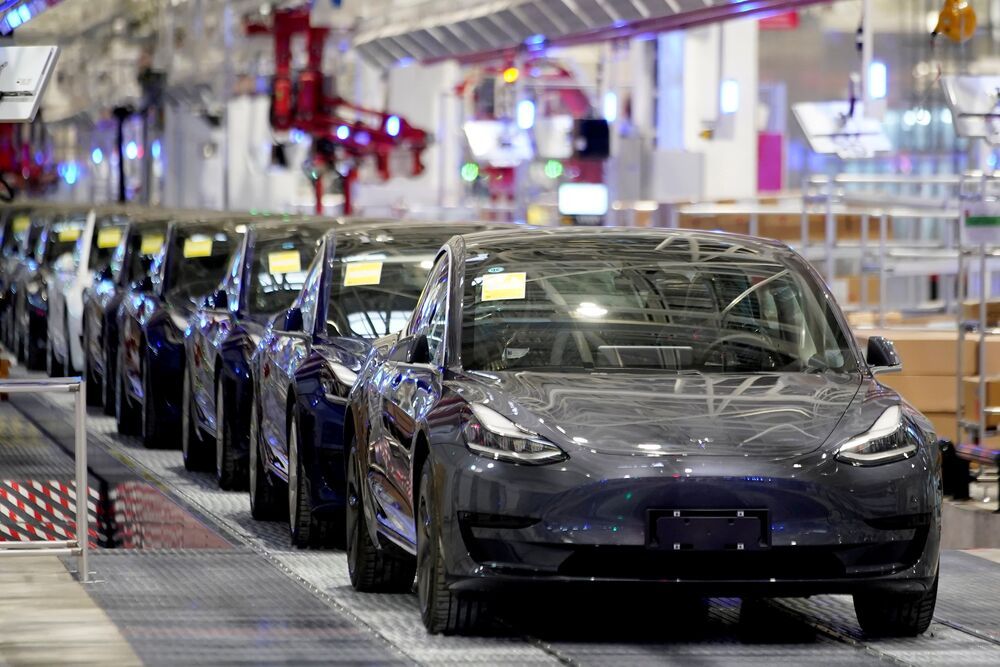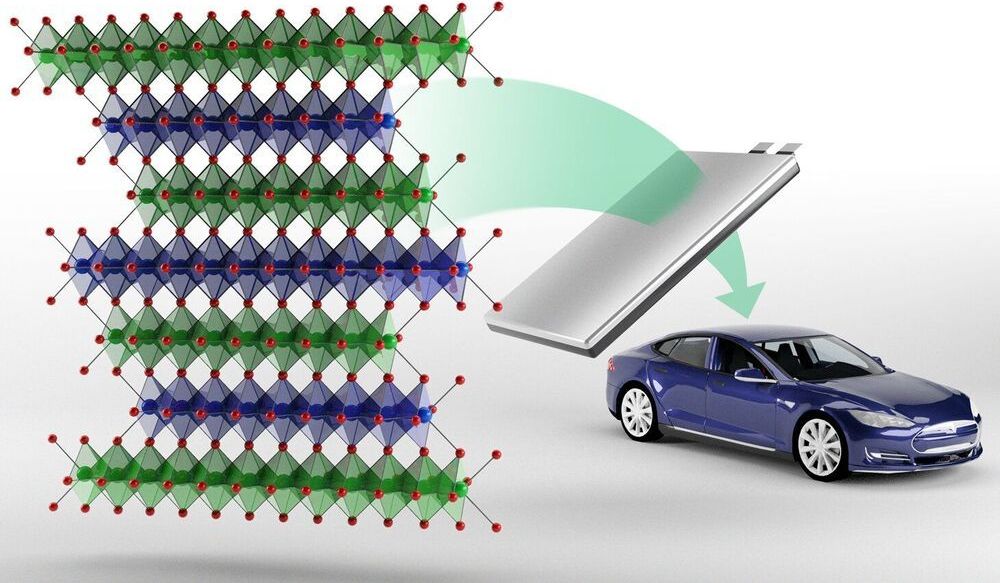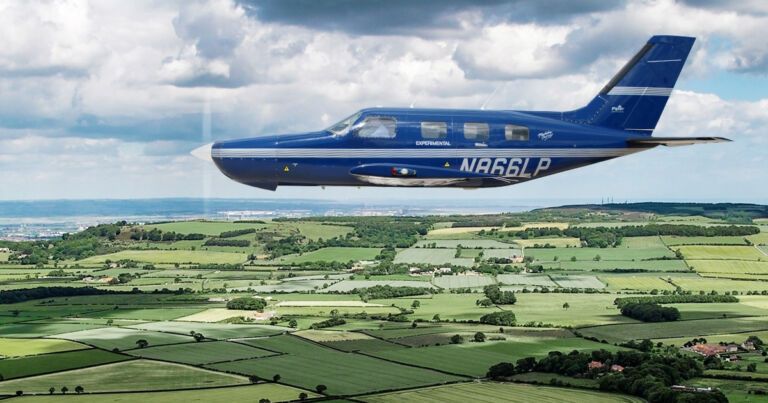While many self-driving vehicles have achieved remarkable performance in simulations or initial trials, when tested on real streets, they are often unable to adapt their trajectories or movements based on those of other vehicles or agents in their surroundings. This is particularly true in situations that require a certain degree of negotiation, for instance, at intersections or on streets with multiple lanes.
Researchers at Stanford University recently created LUCIDGames, a computational technique that can predict and plan adaptive trajectories for autonomous vehicles. This technique, presented in a paper pre-published on arXiv, integrates an algorithm based on game theory and an estimation method.
“Following advancements in self-driving technology that took place over the past few years, we have observed that some driving maneuvers, such as turning left at an unprotected intersection, changing lanes or merging onto a crowded highway, can still be challenging for self-driving cars, while humans can execute them quite easily,” Simon Le Cleac’h, one of the researchers who carried out the study, told TechXplore. “We believe that these interactions involve a significant part of negotiation between the self-driving vehicle and the cars in its surroundings.”






